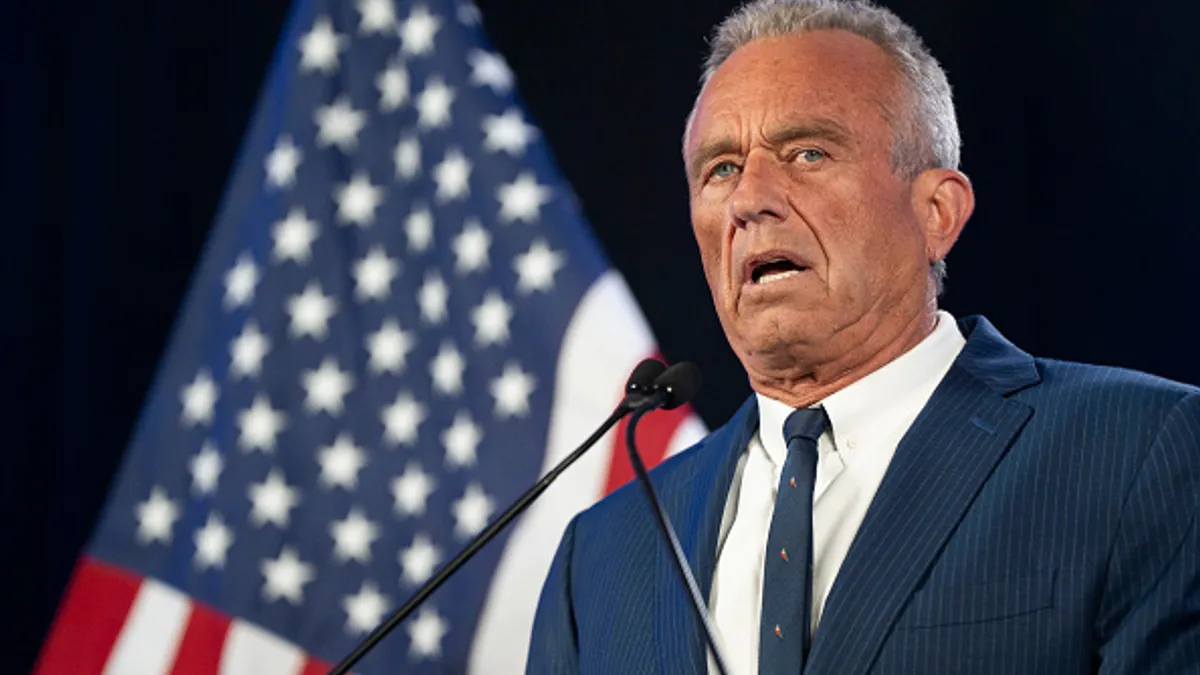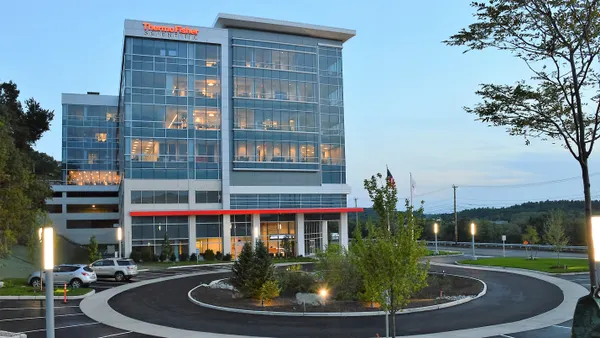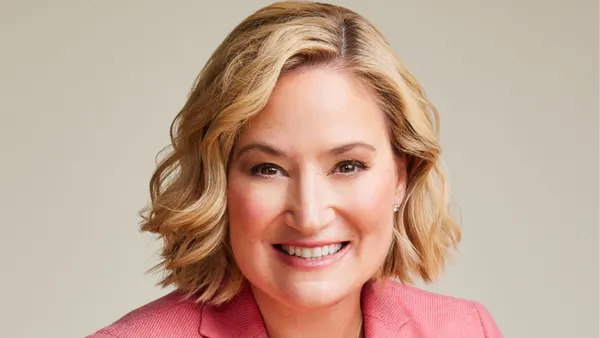Prominent vaccine skeptic Robert F. Kennedy Jr. will testify before the Senate Finance Committee on Jan. 29 as he attempts to calm concerns from Democrats and Republicans about his nomination to be the nation’s top health official.
Though controversy has surrounded a number of Trump’s nominees, Kennedy stands out for drawing criticism from both sides of the aisle in the Senate. Republican Mitch McConnell and Democrat Elizabeth Warren are among those who have condemned his previous anti-vaccine rhetoric. Other Republicans are concerned about Kennedy’s support for abortion rights.
As the head of the Department of Health and Human Services, Kennedy would oversee critical agencies including the Food and Drug Administration, Centers for Disease Control and Prevention and the National Institutes of Health. Trump has previously said Kennedy should “go wild” to shake up health care, and Kennedy has pledged to rid HHS of the “smothering cloud of corporate capture.”
Over the years, Kennedy has crusaded against seed oils, touted the benefits of raw milk and pushed to remove fluoride from drinking water. But none of his views have caused as much controversy as his false claims linking vaccines to autism. He’s also been involved in a number of anti-vaccine lawsuits and plans to keep a financial stake in an action against Merck & Co. even if he wins confirmation.
Drugmakers have largely downplayed the potential damage Kennedy could do to their business, pointing to legislative and bureaucratic guardrails. Andy Plump, Takeda’s head of research, recently predicted that changing politics would have “modest” effects for the industry. “Regulation is controlled by laws,” Plump said in an interview with BioPharma Dive. “And those are laws that are hard to evolve quickly.”
Still, Kennedy’s pledge to fire FDA employees or a mass exodus of staff could result in longer review times, hurting drugmakers’ bottom lines, William Blair analyst Max Smock wrote in a note to investors. Indeed, a number of top FDA officials have already left the agency ahead of the new administration.
And McConnell and Warren pointed out the danger contained just in Kennedy’s rhetoric on vaccines. “Efforts to undermine public confidence in proven cures are not just uninformed — they’re dangerous,” McConnell, a polio survivor, said after the New York Times reported that a Kennedy associate had sought to revoke the approval of a polio vaccine.
Warren, meanwhile, noted Kennedy traveled to Samoa and encouraged doubt about vaccines months before a measles outbreak that infected thousands and killed 83 people. “At the time, you shrugged off the epidemic as ‘mild,’” Warren wrote to Kennedy. “This massive disregard for human lives is indicative of the irresponsible public health official that you would be.”
Kennedy is one of the last of President Trump’s high-profile nominees to secure a confirmation hearing after delays reportedly related to his financial disclosures. Marco Rubio has already been sworn in as Secretary of State; other nominees including those for Defense, Treasury and Justice have been vetted by committees and are awaiting votes by the full Senate.
Ben Fidler contributed reporting.











